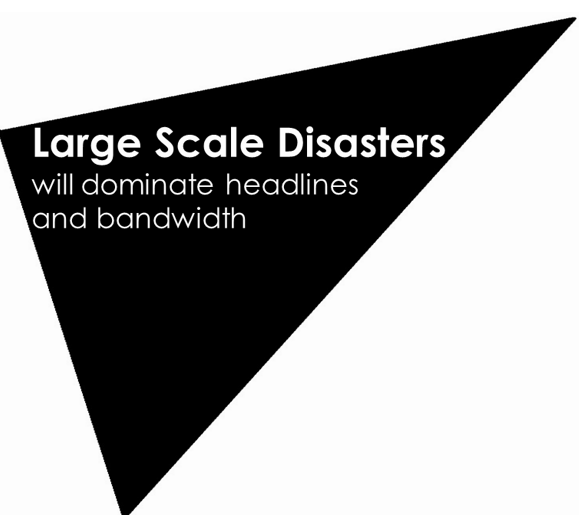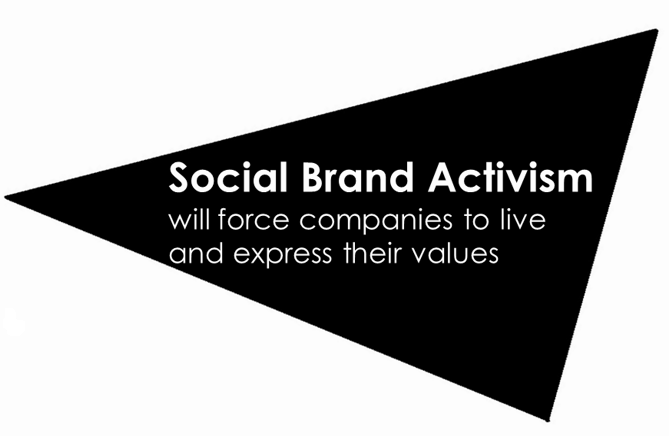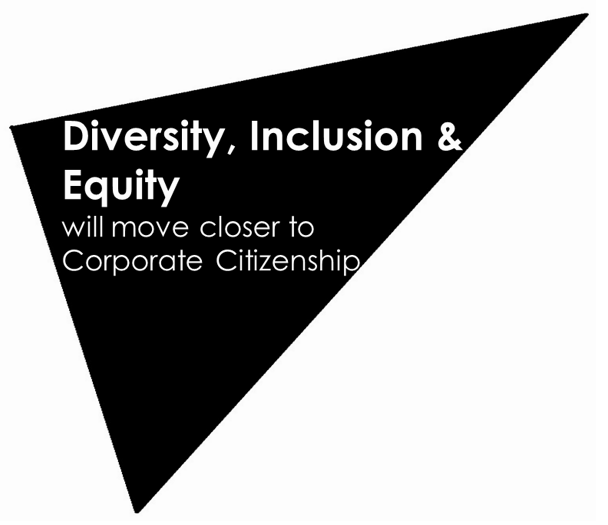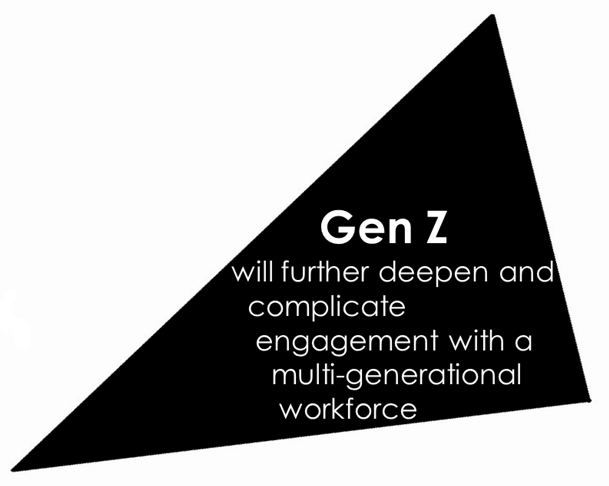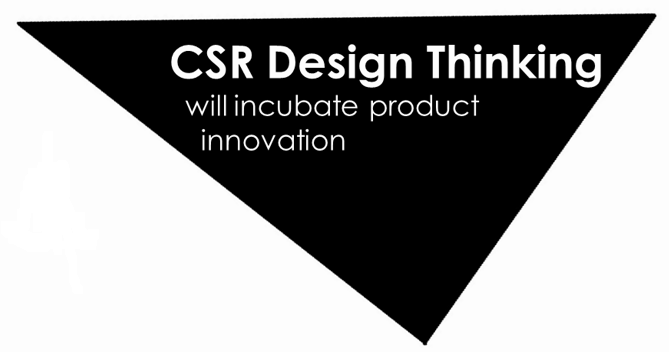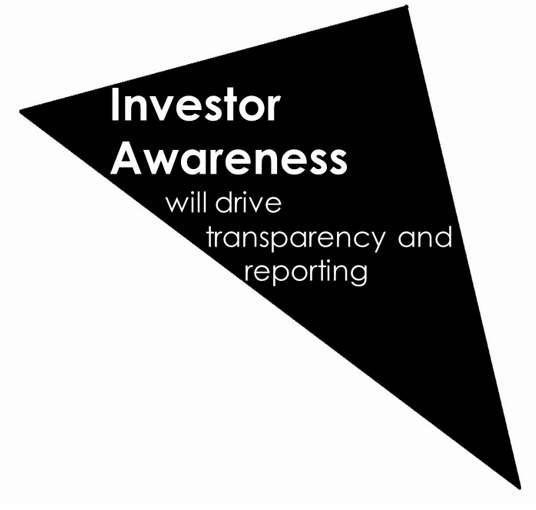7 Trends to Put on Your Radar
Large scale disasters, design thinking, and more will affect corporate social responsibility professionals in 2018
Mark W. Shamley
President & CEO, ACCP
1. Large Scale Disasters will dominate headlines and bandwidth
Warren Buffet has stated that natural disasters have a greater economic impact than terrorism. As an example, Puerto Rico’s economy is expected to shrink by 8% because of Hurricane Maria, according to the Economist Intelligence Unit. Last year, global disasters cost $306 billion compared to the $188 billion price tag in 2016. You can expect to see companies address the immediate needs of employees through Employee Assistance Funds and matching individual contributions. Additionally, businesses will look to revive local economies by donating gift cards that encourages the flow of capital. The impact of the 2017 disasters will be felt for years to come. Companies, through their Corporate Citizenship teams, will be dealing with the aftermath as they work to assist impacted employees, suppliers, customers, and the local economy at-large.
2. Social Brand Activism will force companies to live and express their values
Consumers, led by the Millennials, are demanding that companies take stands, and companies are stepping up. From the more than 150 companies that signed onto a letter opposing the immigration ban to the more than 400 companies that signed onto the letter urging that DACA (Deferred Action for Childhood Arrivals) not be dissolved, brand activism intensified in 2017. Consumer loyalty is playing a significant role as companies look to remain strategically aligned to their purpose. All signs point to that continuing. The key for companies is ensuring that their actions match their words and values, or more succinctly, authenticity matters. While the risk factors must be appropriately considered, sitting on the sidelines can also have a negative effect on a company’s reputation and brand. In your role, you should be prepared to be the conscience of your company ready to navigate what is a very complex decision – how and when to stand-up.
3. Diversity, Inclusion, & Equity will move closer to corporate citizenship
Broadly defined, Corporate Social Responsibility encompasses Environment, Governance, Community, Human Rights, and Employees. Diversity, Inclusion, and Equity (DI&E) reaches into four of the five. (Environment is the area not touched directly.) While some critics have suggested that DI&E is simply political correctness run amuck, the truth is that corporations understand that DI&E can add substantial value to the bottom line. More and more companies are bringing DI&E under or closely aligned to the Corporate Citizenship function as companies vie to become an employer of choice in the war for talent. For citizenship executives this means better internal collaboration to drive a cohesive message about the business case.
4. Gen Z will further deepen and complicate engagement with a multi-generational workforce
There are currently four generations in the work-force: Baby Boomers, Gen X, Gen Y (aka Millennials), and Gen Z. The Gen Z generation (Born 1995 – 2012) has several characteristics that Corporate Citizenship professionals need to understand – the main two being they seek Hyper Customization and they are Collaborators. David Stillman, in his recent book Gen Z@Work: How the Next Generation is Transforming the Workplace, talks about the need to understand the key differences of this generation now entering the workforce. He cautions business leaders not to conflate Gen Z traits and preferences with that of Millennials. As you seek to engage this generation, you will need to think through how your matching gifts and volunteer programs may need to offer more.
5. CSR Design Thinking will incubate product innovation
There are many definitions of design thinking. For our purposes here, Design Thinking is a methodology to solve complex problems which focuses on solutions and actions oriented to creating the preferred future, rather than on just solving a program – always keeping the end-user at the forefront. At its core, design thinking creates social impact. There are companies successfully using design thinking principles to grow the value of their social impact investments. For examples, check out how Samsung Electronics’ CSR team used design thinking to create Tomorrow Solutions or how a group of Stanford students designed a low-cost incubator, Embrace, to address the need of premature infants in Nepal. If you are seeking ways to grow the value of your programs community and business impact, becoming a student and practitioner of design thinking should be one of your 2018 goals.
6. Storytelling will bring your citizenship strategies to life
The work you do in the community is compelling. In your quest for better metrics, which are important, don’t overlook or underestimate the value of the story. Stories are how we connect with the world around us. Sharing how CSR is embedded into the operations of your company brand puts storytelling about impact and purpose into context. By leveraging data and crafting that into a story that can influence behavior, you can create connections and brand loyalty in a way that will have your marketing department pounding down your door to help you spread the word.
7. Investor Awareness will drive transparency and reporting
You’ve heard that Corporate Citizenship has gone from a nice to have to a must have. One of the major drivers, if not the major driver of this trend is the growing interest of the investment community in a company’s Corporate Citizenship. Many of the greatest threats to the sustainability of a company (environmental resources, talent, innovation, reputation to name just a few) are directly impacted through a company’s CSR efforts. Investors want to understand how your company is managing and mitigating the risks and as a result are paying more attention than ever before to a company’s CSR commitments. Understanding which risks are the greatest threat to your company and designing initiatives to help address those risks are the best way to future proof your programs. For more on this see PIMCO’s Ten Reasons ESG Investing is Growing.
Mark is President & CEO of ACCP (Association of Corporate Citizenship Professionals). ACCP empowers corporate citizenship professionals to improve the world and strengthen their companies. For more information visit www.accprof.org.

